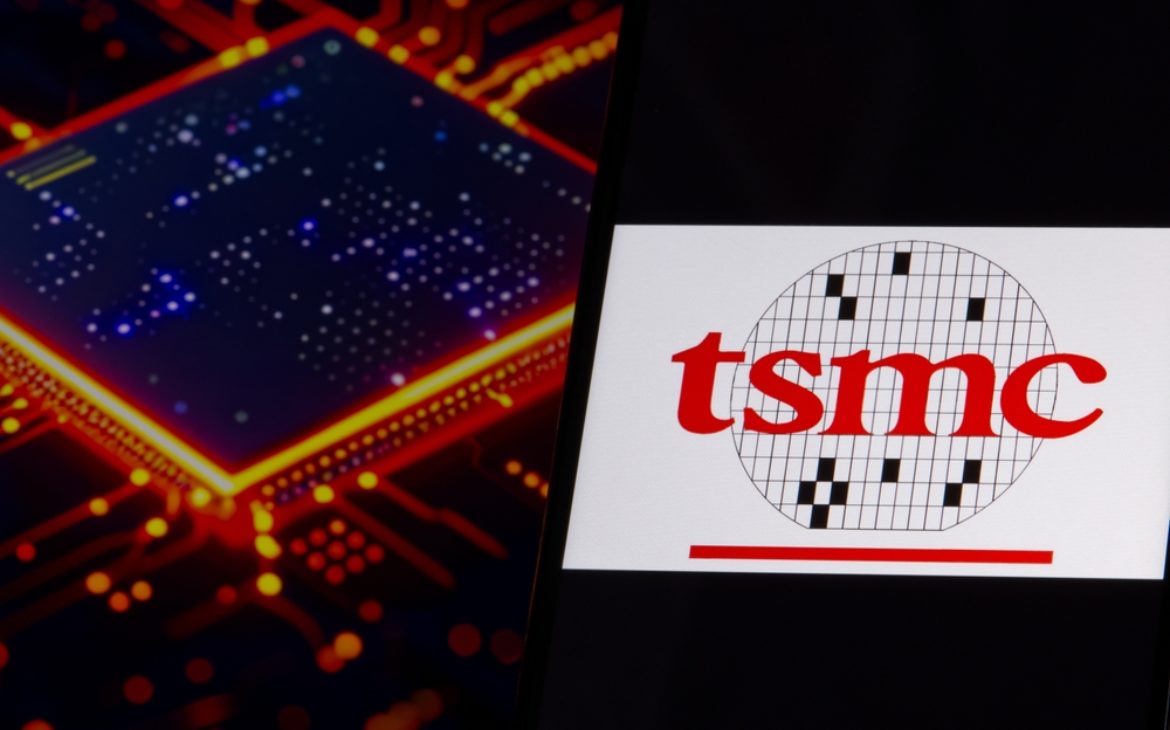Last week, the European Commission announced its approval for a silicon chip factory in Dresden, coinciding with the groundbreaking ceremony for Taiwanese semiconductor giant TSMC’s first European facility.
Details from Brussels
The approval allows the German government to provide €5 billion in state aid for the new European Semiconductor Manufacturing Company (ESMC).
“This measure will enhance Europe’s supply security, resilience, and digital sovereignty in semiconductor technologies,” the European Commission said in a statement. “It will also contribute to the digital and green transitions.”
It is said that the new facility, supported by this measure, will produce high-performance chips on 300-mm silicon wafers, with 28/22 and 16/12 nanometer nodes, which will be based on FinFET technology, enabling the integration of multiple additional features on the same chip. This, in turn, will bring advantages in the form of higher performance while reducing energy consumption.
The ESMC will be a joint venture involving TSMC and three European companies: Germany’s Bosch and Infineon, and the Netherlands’ NXP, according to the Commission.
The Commission’s ruling highlighted the substantial benefits of the initiative, noting that the financial support provided is appropriate and not excessive.
“The measure has a limited impact on competition and trade within the EU. It is necessary and appropriate to ensure the resilience of Europe’s semiconductor supply chain,” the Commission stated. “The aid is proportionate and limited to the minimum necessary based on a proven funding gap.”
Support for European industry
The factory is expected to begin production in 2027, with a focus on automotive industry chips. As TSMC’s first plant in Europe, the facility is anticipated to create 2,000 new jobs.
German Chancellor Olaf Scholz and European Commission President Ursula von der Leyen attended the groundbreaking ceremony, celebrating the start of construction.
“The world’s largest chipmaker is coming to our continent and joining forces with three European champions,” von der Leyen said, calling it “a strong endorsement for Europe as a global hub of innovation.”
German Chancellor Scholz echoed these sentiments, saying, “We are excited that such an important player in the global semiconductor market is setting up shop here.”
TSMC CEO CC Wei stated that the plant aims to meet the semiconductor needs of Europe’s automotive and industrial sectors, adding: “With this advanced production facility, we will bring TSMC’s innovative manufacturing closer to our European customers and partners.”
Global semiconductor strategy
Meanwhile, in the United States, President Joe Biden’s administration has also invested billions to establish chip manufacturing plants in several states.
The semiconductor supply chain is highly susceptible to disruptions and geopolitical tensions. This concern is heightened by China’s stance on Taiwan, which Beijing considers part of its territory and has not ruled out reclaiming by force.
Amidst increasing rhetoric from Beijing about “reunification,” TSMC, which holds over 50
